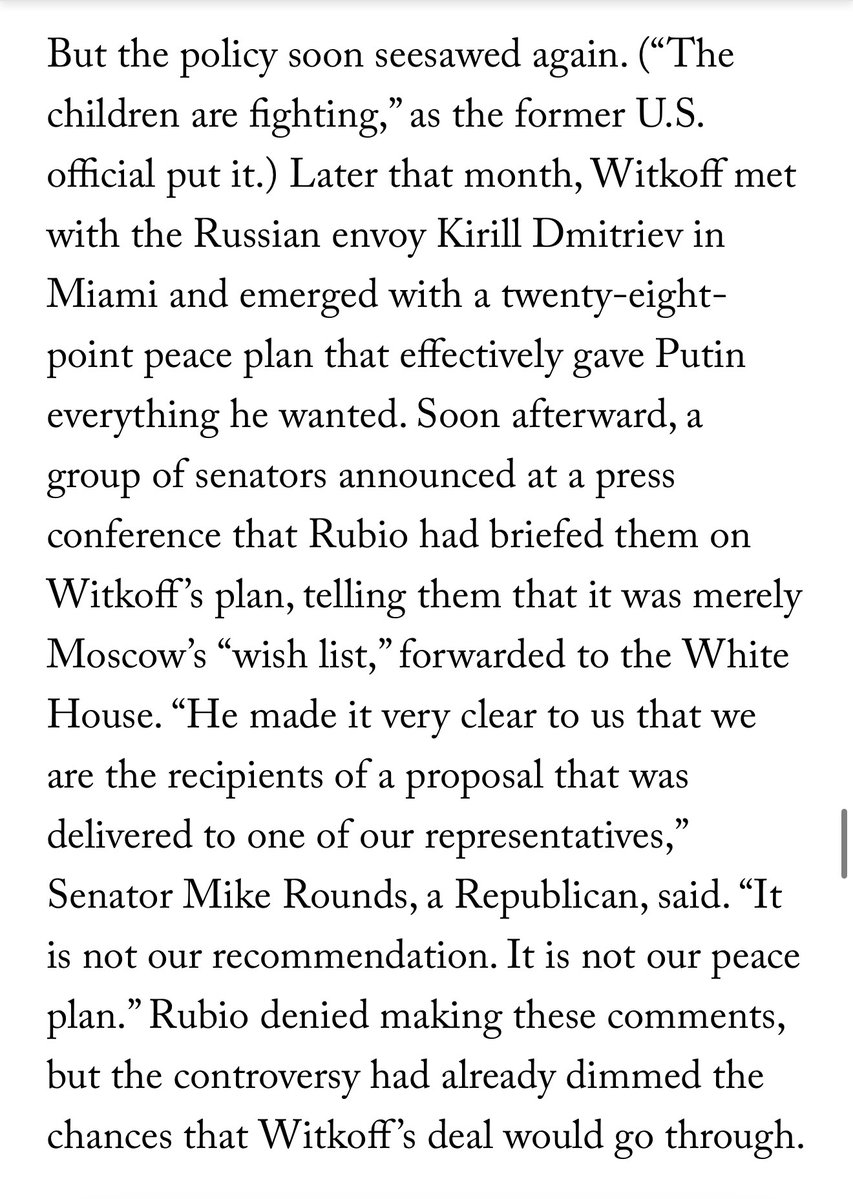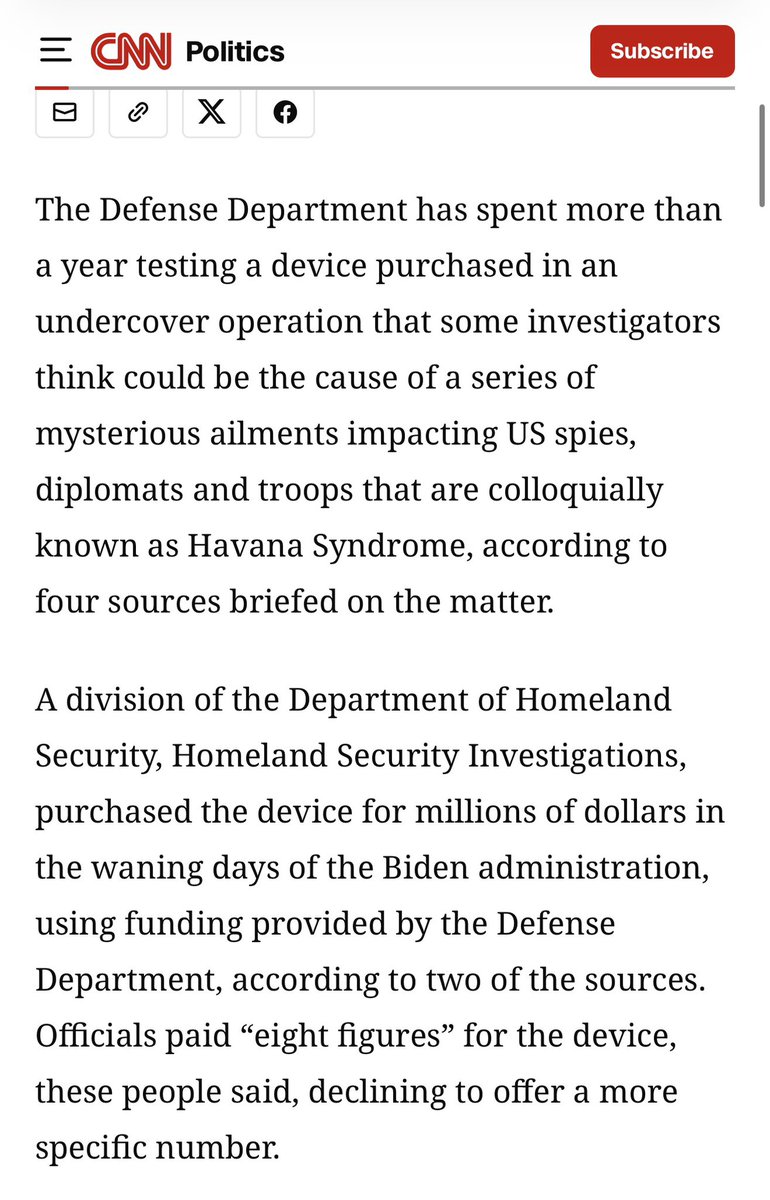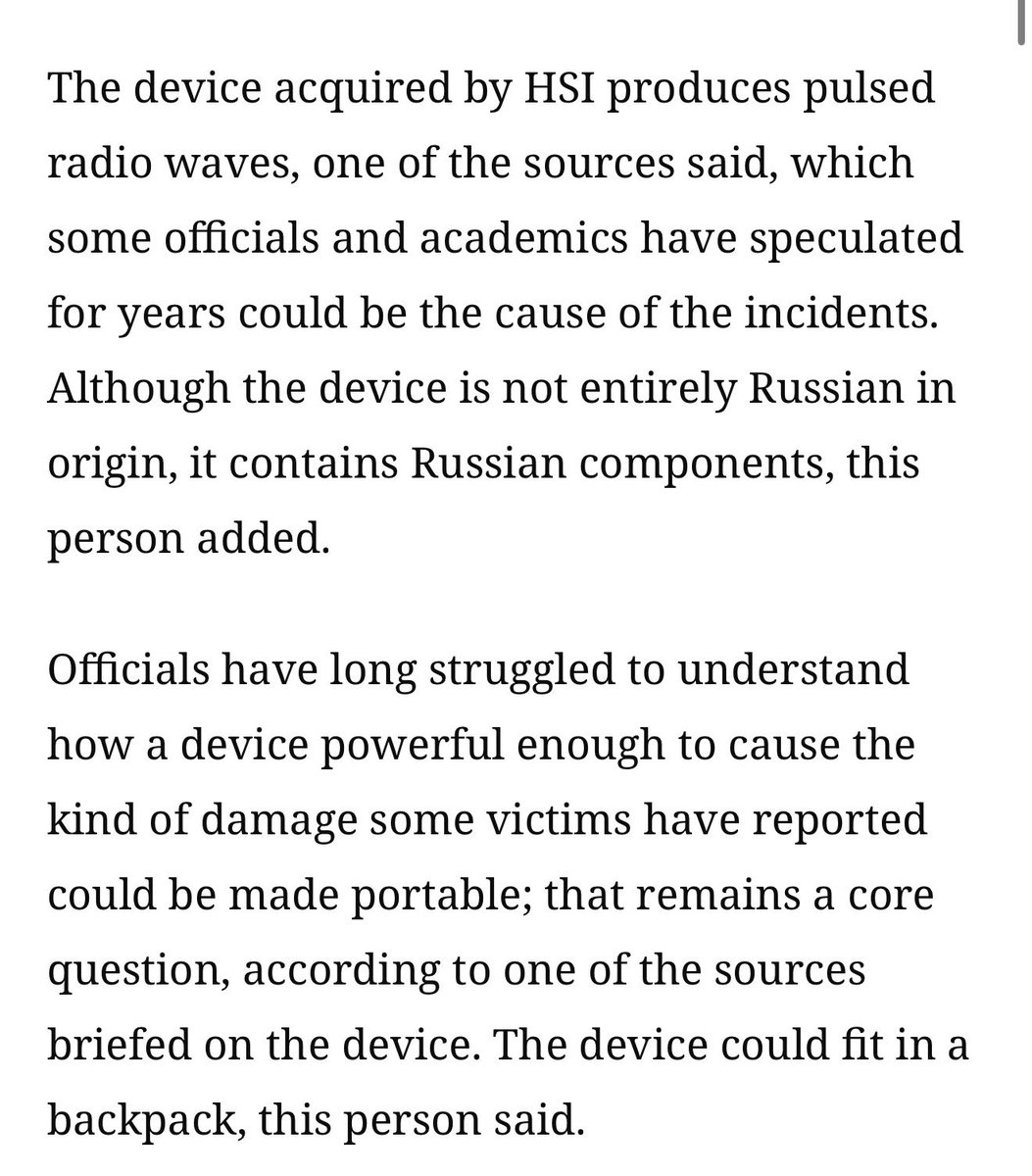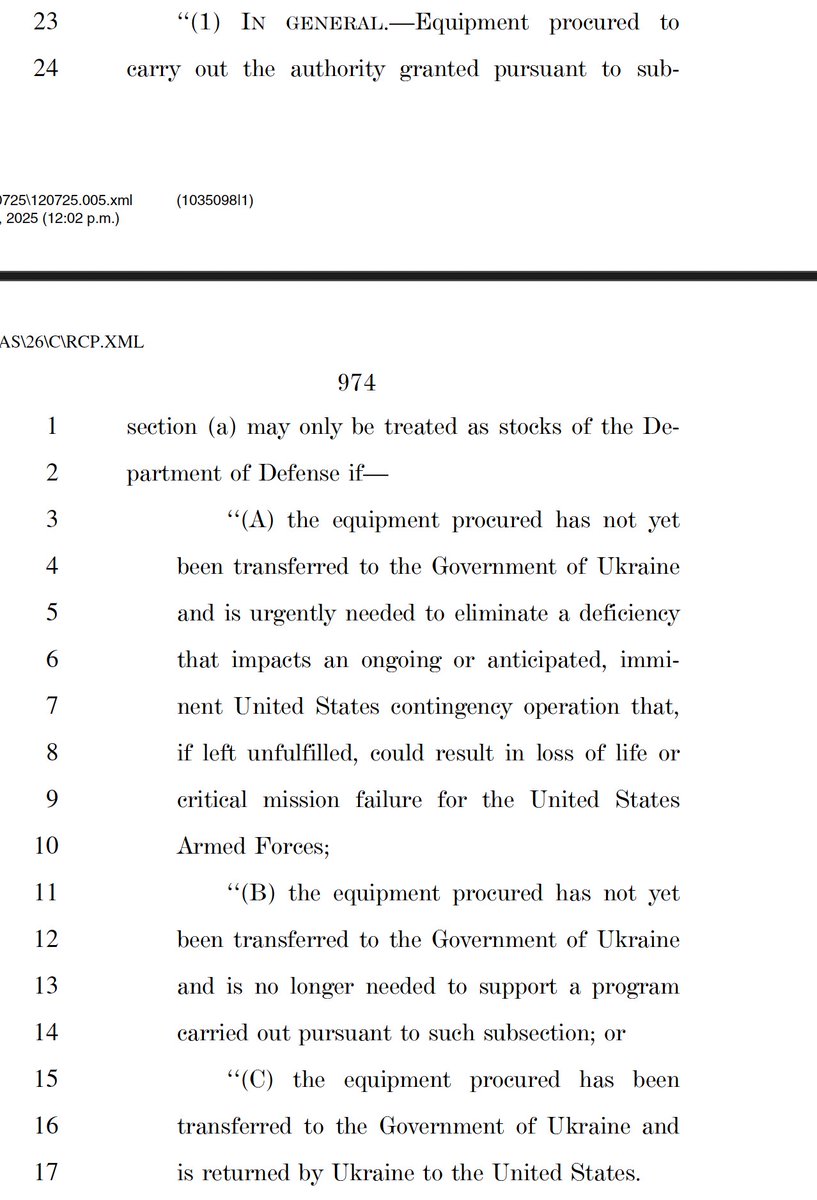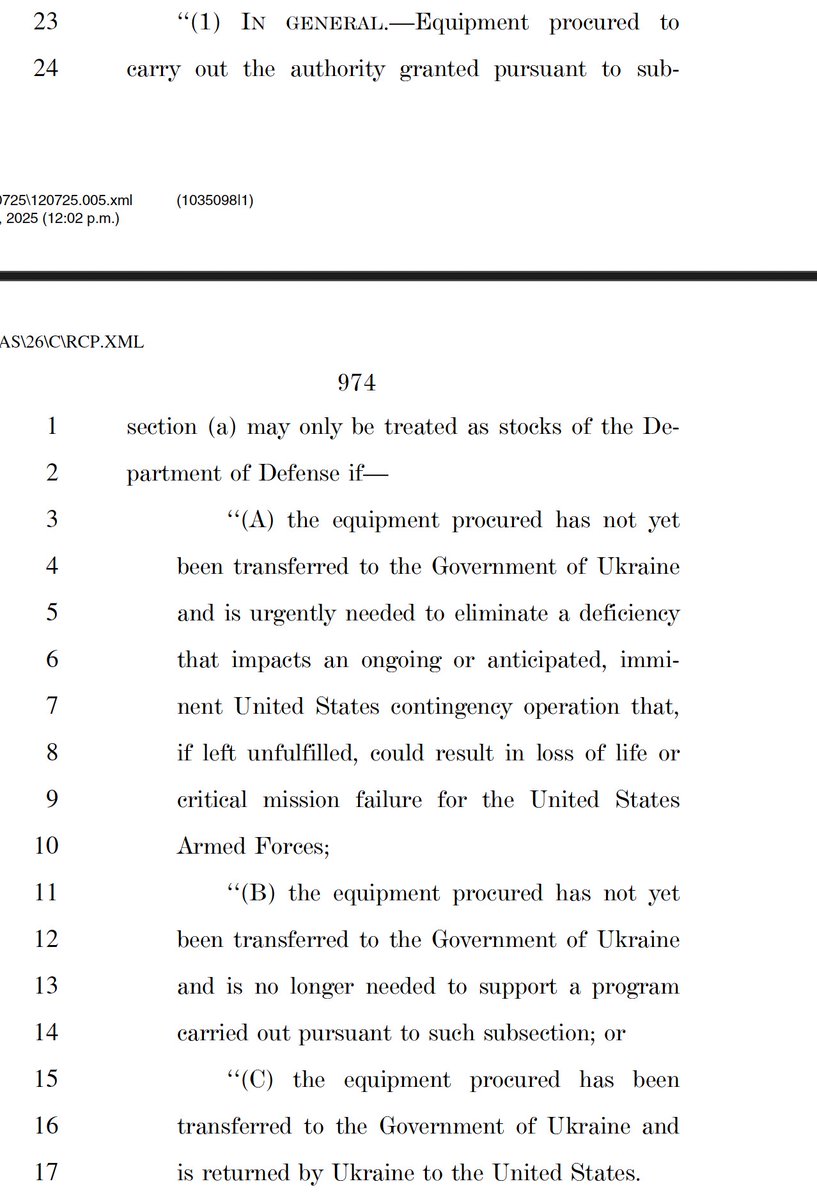Exclusive: Tatjana Zdanoka, a Latvian member of the European Parliament, has been an agent of Russian intelligence for at least twenty years, @the_ins_ru can reveal, based on emails we obtained between Zdanoka and two of her FSB handlers. theins.press/en/politics/26…

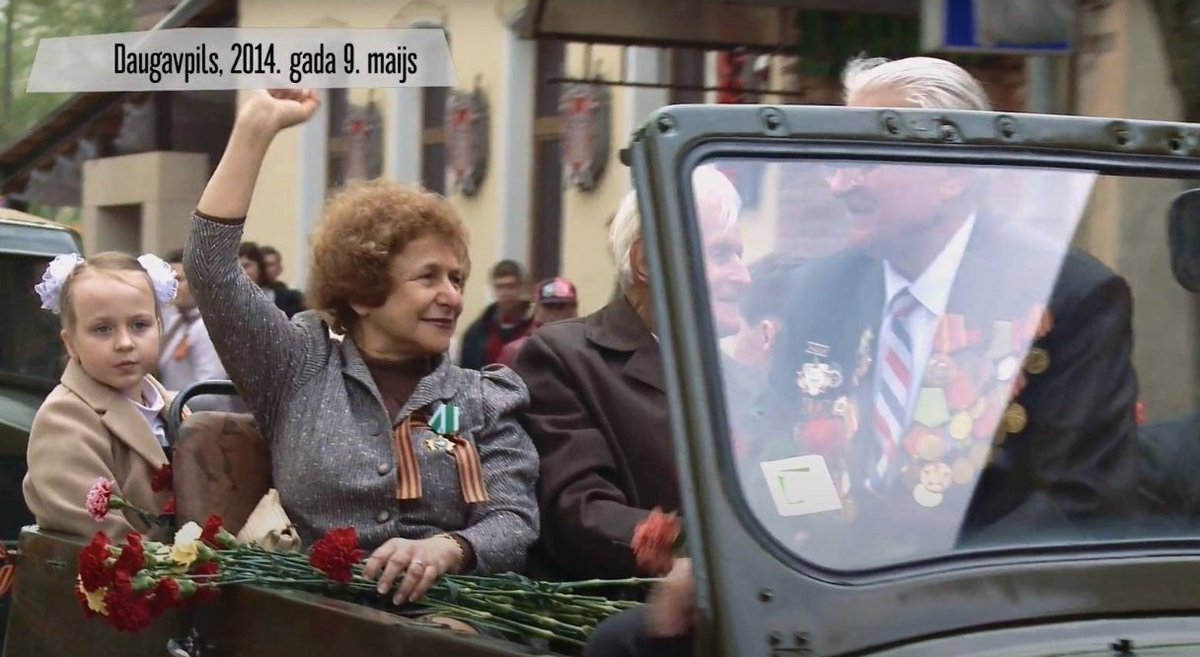
Her two known case officers we have identified as Dmitry Gladey, 74, and Sergei Beltyukov, 53. Both are attached to the FSB's apparatus in St. Petersburg. The FSB is Russia's domestic security service, one of the successors of the KGB.
Gladey has another job: chairman of the International Institute for Monitoring the Development of Democracy, which was formed by the Interparliamentary Assembly of the Commonwealth of Independent States in 2006 to... 

"facilitate the exchange of information, generalization of best practices in the development of democracy and parliamentarism, and observance of citizens’ electoral rights."
He certainly made good on that first objective. He ran Zdanoka from 2004 to 2013, almost a decade, before handing her off to Beltyukov, to whom he began forwarding her agent reports.
We have determined that Gladey is assigned to the FSB Fifth Service, the unit Vladimir Putin tasked with politically destabilizing Ukraine in 2014. Its chief, Gen. Sergei Beseda, advised Ukrainian President Viktor Yanukovych to use lethal force against protesters on the Maidan).
Then, in advance of the 2022 full-scale invasion of Ukraine, the Fifth Service was ordered to recruit fifth columnists, weaken the Zelensky government and unity of Ukrainian society -- an operation that, to put it mildly, did not go so swimmingly.
Zdanoka, a Russian who obtained Latvian citizenship in 1996, has long been known in Riga for her naked pro-Moscow views. She was one of 13 MEPs to vote against the European Parliament resolution condemning Russia for its attack on Ukraine two years ago.
She's traveled to occupied Crimea and to Syria for parlays with Assad, a trip European Parliament refused to pay for as Syria was under sanctions. Who knows who paid for this holiday!
She has actually argued against the state of Latvia as a sovereign, independent nation, which might be considered odd for a Latvian politician. Zdanoka routinely rails against the Baltic states for their alleged persecution of ethnic Russians and the Russian language.
She had a hand in organizing "anti-fascist" training camps for pro-Russian actors after the Bronze Soldier incident in Tallinn and concomitant Russian cyberattack on Estonia in 2007.
Zdanoka denied knowing anyone named Beltyukov. That might be technically accurate in the same way GRU spy Alger Hiss told the truth when he said he never knew anyone "named" Whittaker Chambers, who went by "Karl," among other names, in the American underground. 

Belytukov's cryptonym in his communication with Zdanoka was "Sergey Krasin."
However, she did admit to knowing Gladey -- for decades. They met "a tourist base in the North Caucasus, where they were learning to ski," she said. Zdanoka said she has no idea either of her interlocutors were spies.
Here she is telling Gladey where to meet in Brussels, at MIDI, the train station that connects the city -- home to NATO and other EU institutions -- to the airport. 

In one email, dated Apr. 2010, she asked her erstwhile ski buddy for $6,000 to buy St. George's ribbons (Soviet-era WWII pennants, later repurposed into ultranationalist symbols legitimizing the war against Ukraine) for a Victory Day event in Latvia. We don't know if he obliged.
More generally, she updated her handlers on her ultracaffeinated work on behalf of Russia as an MEP in Strasbourg. Subject lines were titled "report" or "Speech and resolutions" detailing her European Parliamentary activities, particularly as they relate...
...to her two blocs, the Green-European Free Alliance group and the European Russian Alliance. The latter, one Western intel source told us, was "designed as a vehicle for indoctrination and to establish meetings between bosses from Russia, rezidenturas [Russian spy stations]..."
"... in Brussels and compatriots. The best part is the FSB managed to run their operations with European taxpayer money."
She even arranged for a Schengen visa for a third FSB operative, Artem Kureev, whom Estonia's State Security Service identified as "one of seven suspected Russian handlers" of Sergey Seredenko, the self-appointed "human rights ombudsman of Estonia."
Zdanoka told us her "intern" introduced her to Kureev.
Yet another FSB operative Zdanoka has known and been helped by is Georgy Muradov, today the deputy head of Rossotrudnichestvo -- a spy clearinghouse posing as the cultural arm of the Russian Foreign Ministry -- in occupied Crimea.
In 2009, Muradov came to Riga on behalf of the Moscow City Council to campaign for Zdanoka in her election for European Parliament. He even handed out cash to ethnic Russian veterans there.
We located Muradov's home address in Moscow at an FSB residence, Michurihsky Prospect 29/1. Alexei Alexandrov, a member of the assassination team that poisoned Russian opposition leader @navalny, is a neighbor.
Here is Zdanoka on the authenticity of her correspondence with Gladey and Beltyukov: "I cannot consider this text to be questions put to me because it is based on information that you supposedly have, which by definition, you should not have."
So where does this leave Zdanoka? Well, here the story becomes even more intriguing.
As a sitting MEP, she retains legal immunity from prosecution. Yet there are only five months left to her last term and, owing to changes in Latvian law prohibiting "pro-Kremlin-oriented persons and political organizations," she isn't eligible to run again.
Another wrinkle is that Latvia's criminal code was such that, prior to 2016, it was illegal to pass classified intelligence to a foreign spy service but not to do work for one. (Don't ask.) So most of Zdanoka's activities on behalf of the FSB technically don't qualify as illegal.
Except that we have another email, dated 2017, in which she asks Krasin/Beltyukov for his "help in finding out whether it's still possible for a group of 8 people from Latvia to join the foreign delegations that will be received in St. Petersburg..."
The blockade here refers to the Red Army's breaking of the Nazi siege of Leningrad in 1943.
The verb Russian Zdanoka uses re: the blockade survivors -- курировать -- "to curate," can mean supervising. But in FSB parlance it is more accurately translated as "running," as in running a network of subagents.
We sent this email and the others to Normunds Mežviets, the head of Latvia's counterintelligence service, the VDD. He replied simply: “We will look into it.” /END
Oh, and this investigation was done with our consortium partners: @DelfiEE, @rebaltica, and @Expressen.
@DelfiEE @rebaltica @Expressen .@rebaltica story: rebaltica.lv/2024/01/noplud…
.@DelfiEE story: epl.delfi.ee/artikkel/12026…
@DelfiEE .@Expressen story: expressen.se/nyheter/varlde…
UPDATE: Juri Laas, the spokesperson for EP President Roberta Metsola, has commented: "The President takes these allegations very seriously and is referring the case to the Advisory Committee on the Code of Conduct..."
"... This means that investigations within the European Parliament have been opened. She will also bring the issue to the Parliament´s Conference of Presidents on Wednesday."
• • •
Missing some Tweet in this thread? You can try to
force a refresh









